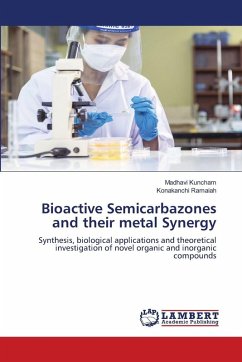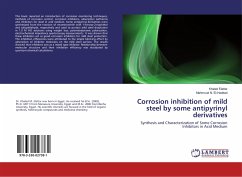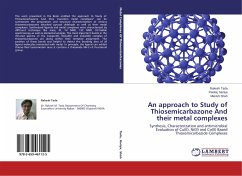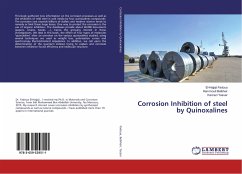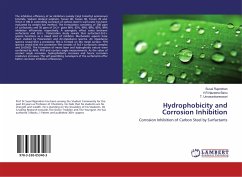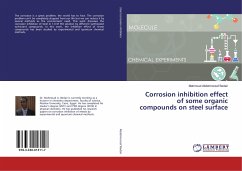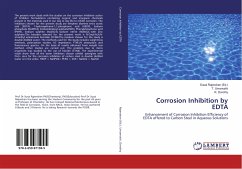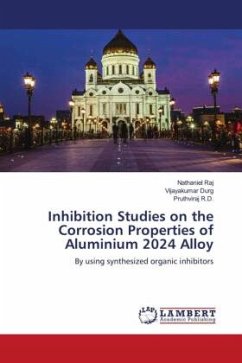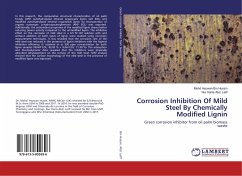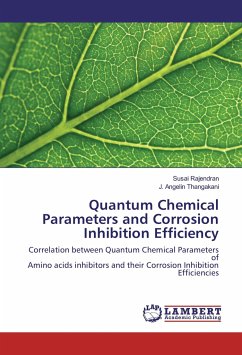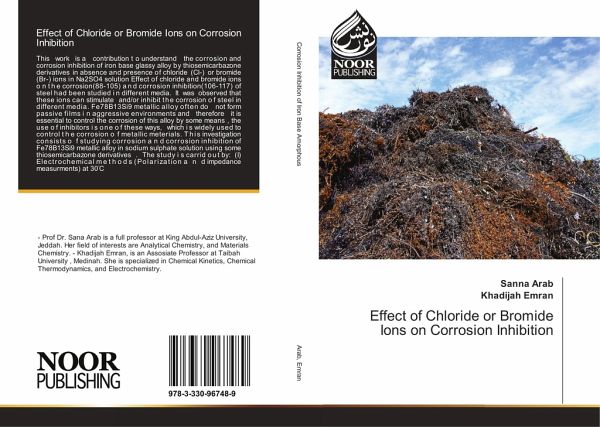
Effect of Chloride or Bromide Ions on Corrosion Inhibition
Versandkostenfrei!
Versandfertig in 6-10 Tagen
26,99 €
inkl. MwSt.

PAYBACK Punkte
13 °P sammeln!
This work is a contribution to understand the corrosion and corrosion inhibition of iron base glassy alloy by thiosemicarbazone derivatives in absence and presence of chloride (Cl-) or bromide (Br-) ions in Na2SO4 solution Effect of chloride and bromide ions on the corrosion(88-105) and corrosion inhibition(106-117) of steel had been studied in different media. It was observed that these ions can stimulate and/or inhibit the corrosion of steel in different media. Fe78B13Si9 metallic alloy often do not form passive films in aggressive environments and therefore it is essential to control the co...
This work is a contribution to understand the corrosion and corrosion inhibition of iron base glassy alloy by thiosemicarbazone derivatives in absence and presence of chloride (Cl-) or bromide (Br-) ions in Na2SO4 solution Effect of chloride and bromide ions on the corrosion(88-105) and corrosion inhibition(106-117) of steel had been studied in different media. It was observed that these ions can stimulate and/or inhibit the corrosion of steel in different media. Fe78B13Si9 metallic alloy often do not form passive films in aggressive environments and therefore it is essential to control the corrosion of this alloy by some means , the use of inhibitors is one of these ways, which is widely used to control the corrosion of metallic meterials. This investigation consists of studying corrosion and corrosion inhibition of Fe78B13Si9 metallic alloy in sodium sulphate solution using some thiosemicarbazone derivatives . The study is carrid out by: (I) Electrochemical methods (Polarization and impedance measurments) at 30 C



